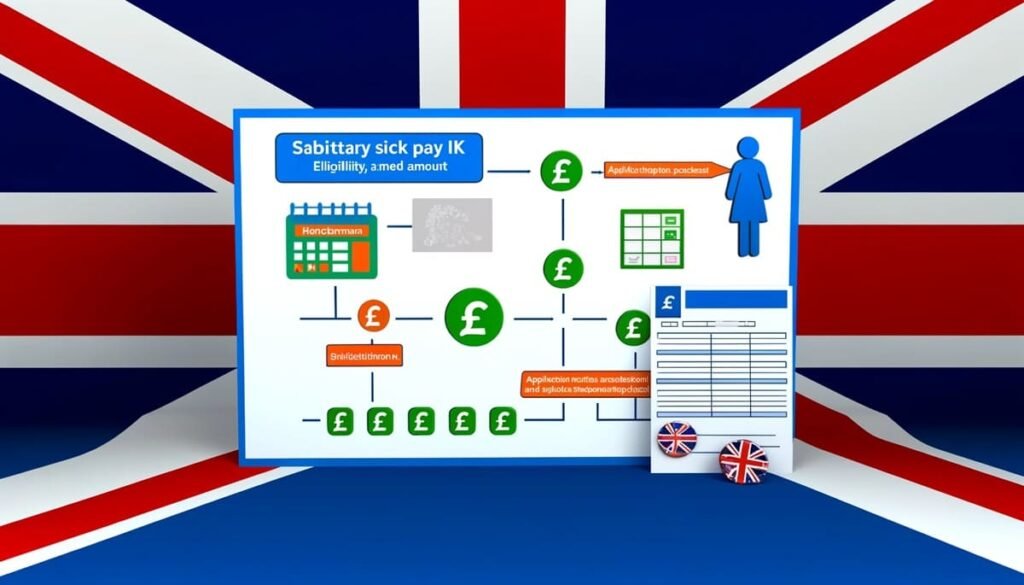
Statutory Sick Pay (SSP) is a financial benefit for employees in the UK who are unable to work due to illness. It provides a form of income support during sickness absence, ensuring that individuals can recover without the added stress of financial hardship. This article outlines how much SSP is, who is eligible, and how to claim it.
Contents
What is Statutory Sick Pay?
SSP is paid by employers to qualifying employees who are sick and unable to work for four consecutive days or more. It is designed to partially replace the income of employees during periods of illness, covering both physical and mental health conditions.
Eligibility Criteria for SSP
To qualify for SSP, employees must meet the following requirements:
- Employment Status: You must be classed as an employee and have done some work for your employer.
- Earnings Threshold: You must earn an average of at least £123 per week (as of the 2024 rate).
- Notification Requirements: You must inform your employer of your sickness within their set deadlines, or within 7 days if they do not specify.
How Much Is Statutory Sick Pay?
As of 2024, the rate for SSP is £99.35 per week. It can be paid by an employer for up to 28 weeks. SSP is paid in the same way as regular wages, typically on the normal payday, and subject to usual tax and National Insurance deductions.
How to Claim SSP
- Notify Your Employer: Inform your employer of your illness as soon as possible, according to their reporting requirements.
- Provide Medical Evidence: If your illness lasts more than 7 days, you will need to provide your employer with a ‘fit note’ (formerly known as a sick note) from your doctor.
- Employer’s Assessment: Your employer will assess whether you meet the SSP eligibility criteria. If eligible, they will start the payments on the fourth qualifying day of sickness.
- Dispute Resolution: If your employer disputes your eligibility, they should provide an SSP1 form explaining why. If you disagree with their decision, you can contact HMRC for help.
FAQs About Statutory Sick Pay
Q: Can I receive SSP if I am self-employed?
A: No, SSP is only available to employees. Self-employed individuals might be eligible for other forms of support like Universal Credit.
Q: What happens if my sickness extends beyond 28 weeks?
A: After SSP ends, you may be able to apply for Employment and Support Allowance (ESA) if you are still unable to work.
Q: Can I receive SSP for every day I am off work?
A: SSP is not paid for the first three days of your sickness, known as ‘waiting days’, unless you’ve been paid SSP within the last 8 weeks for another sickness period.
Q: Does SSP cover COVID-19 related absences?
A: Yes, SSP covers absences due to COVID-19, including self-isolation and shielding, as long as you meet the eligibility criteria.
Conclusion
Statutory Sick Pay is a crucial support mechanism for employees in the UK, providing financial stability during times of illness. Understanding the eligibility criteria, how much you can receive, and the process for claiming SSP can ensure that employees are prepared and informed should they need to avail themselves of this benefit. For the most accurate and updated information, always refer to official resources or consult with HR specialists.